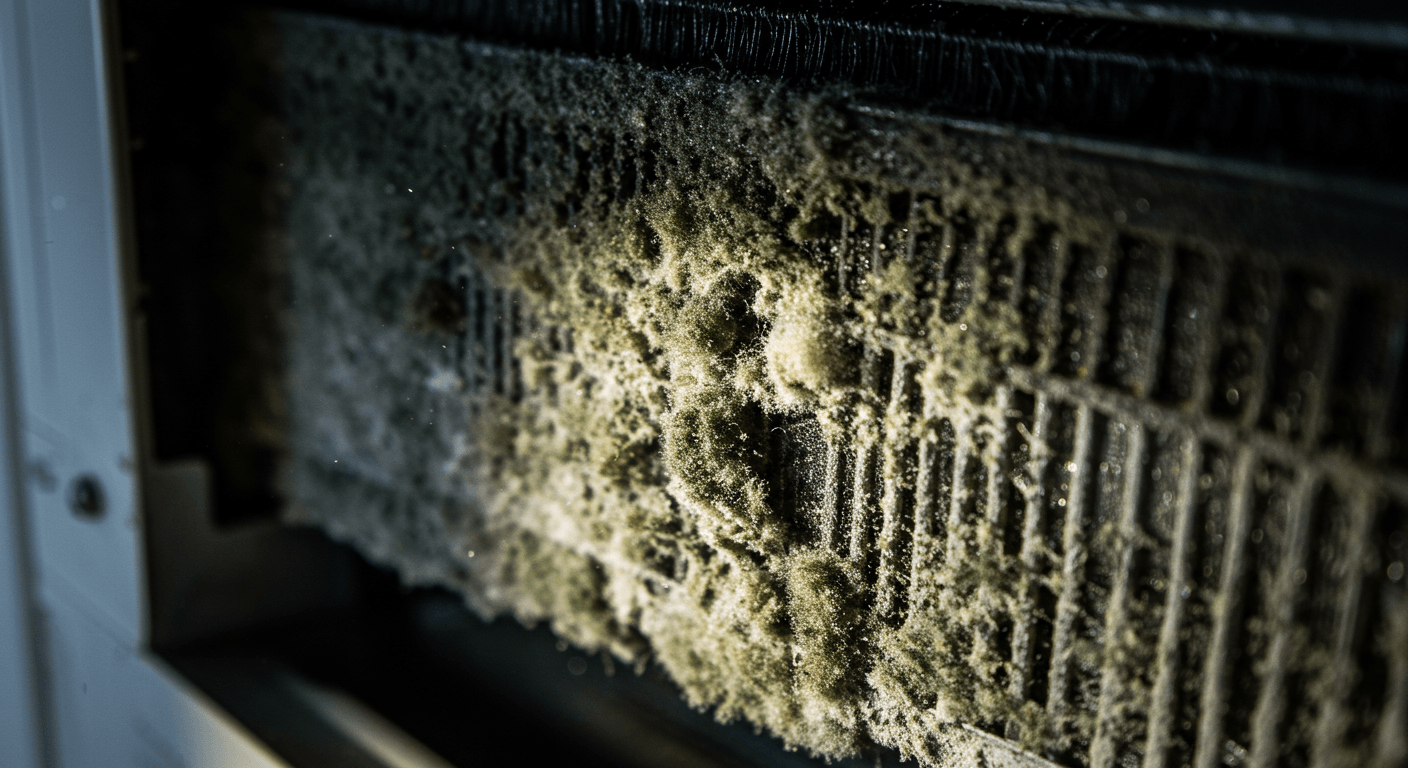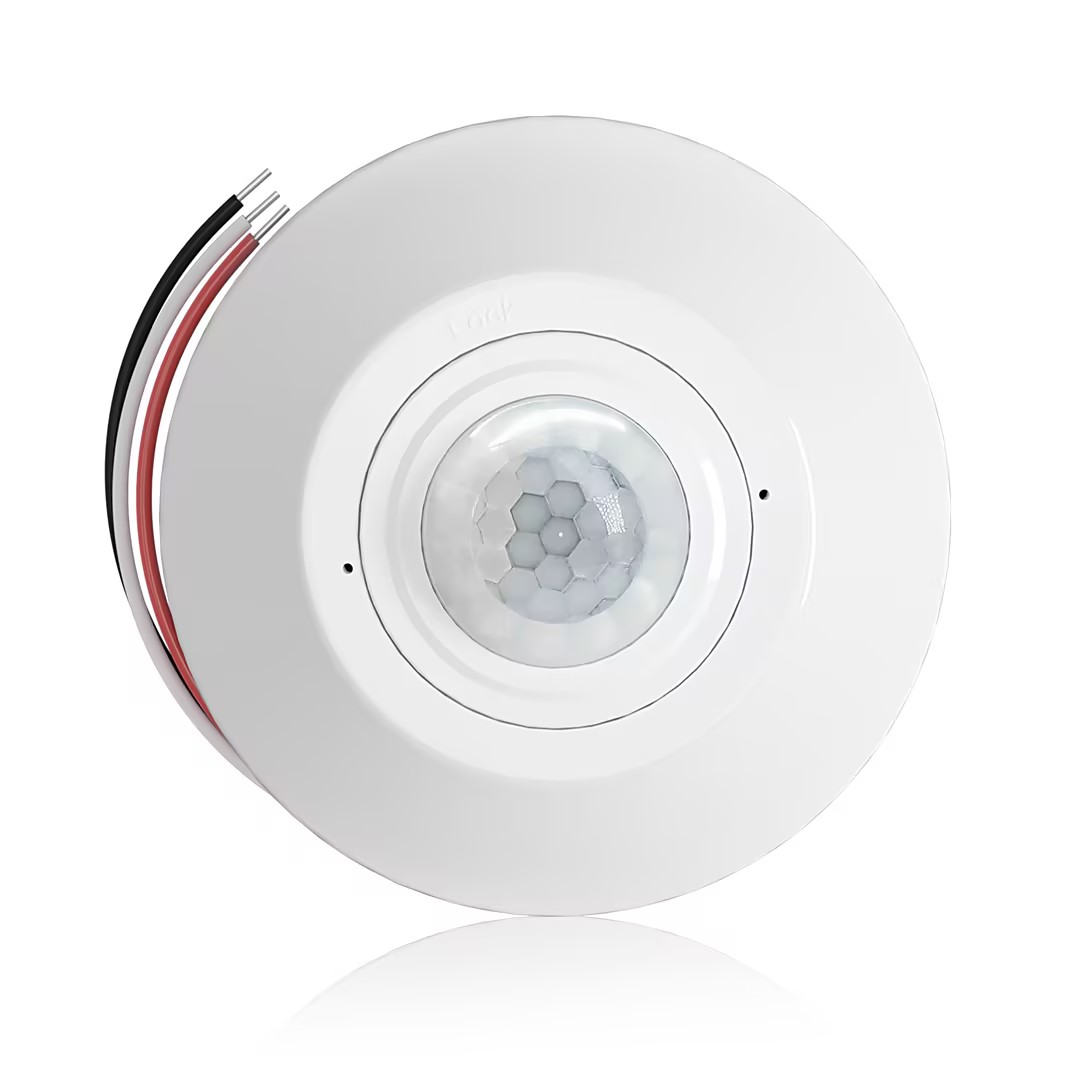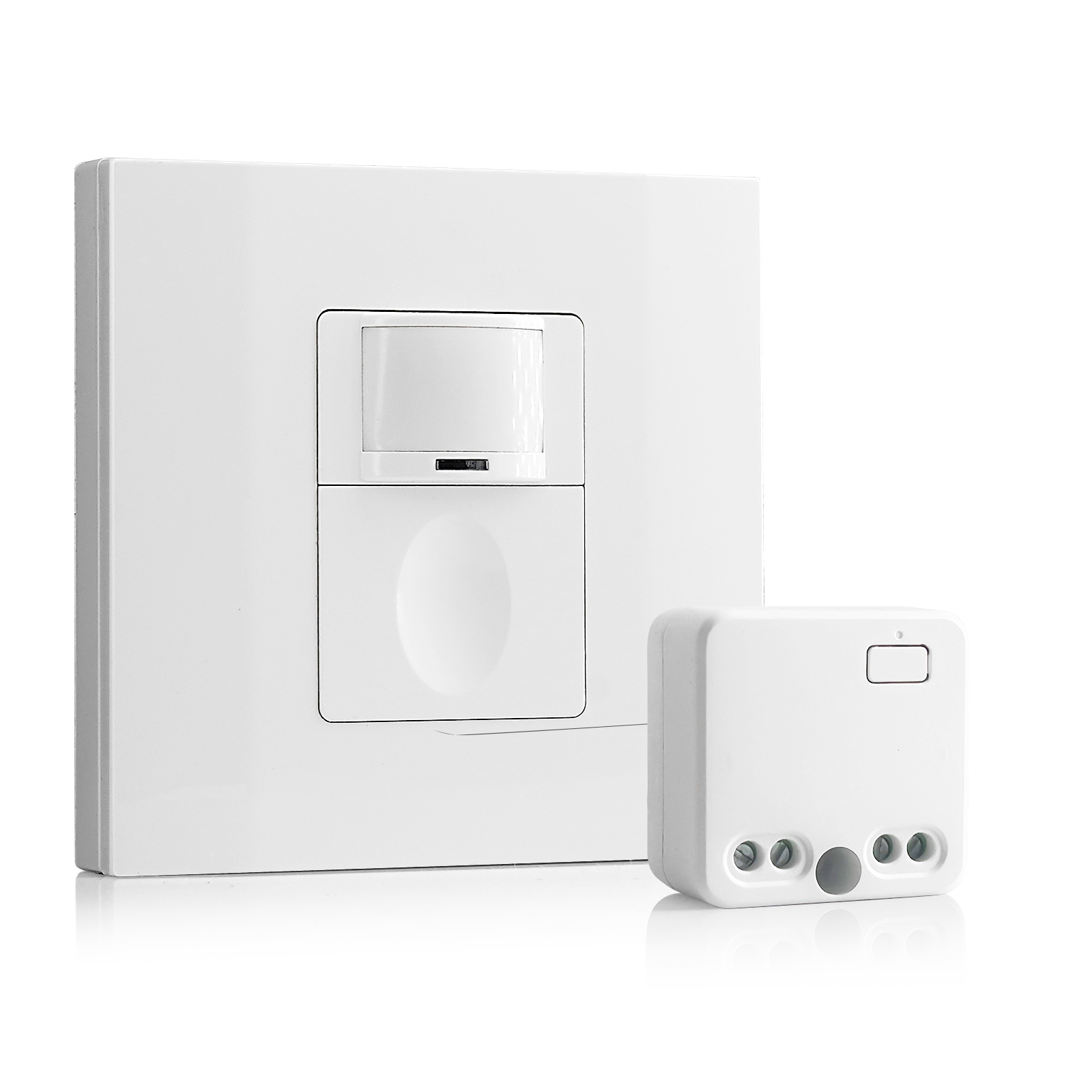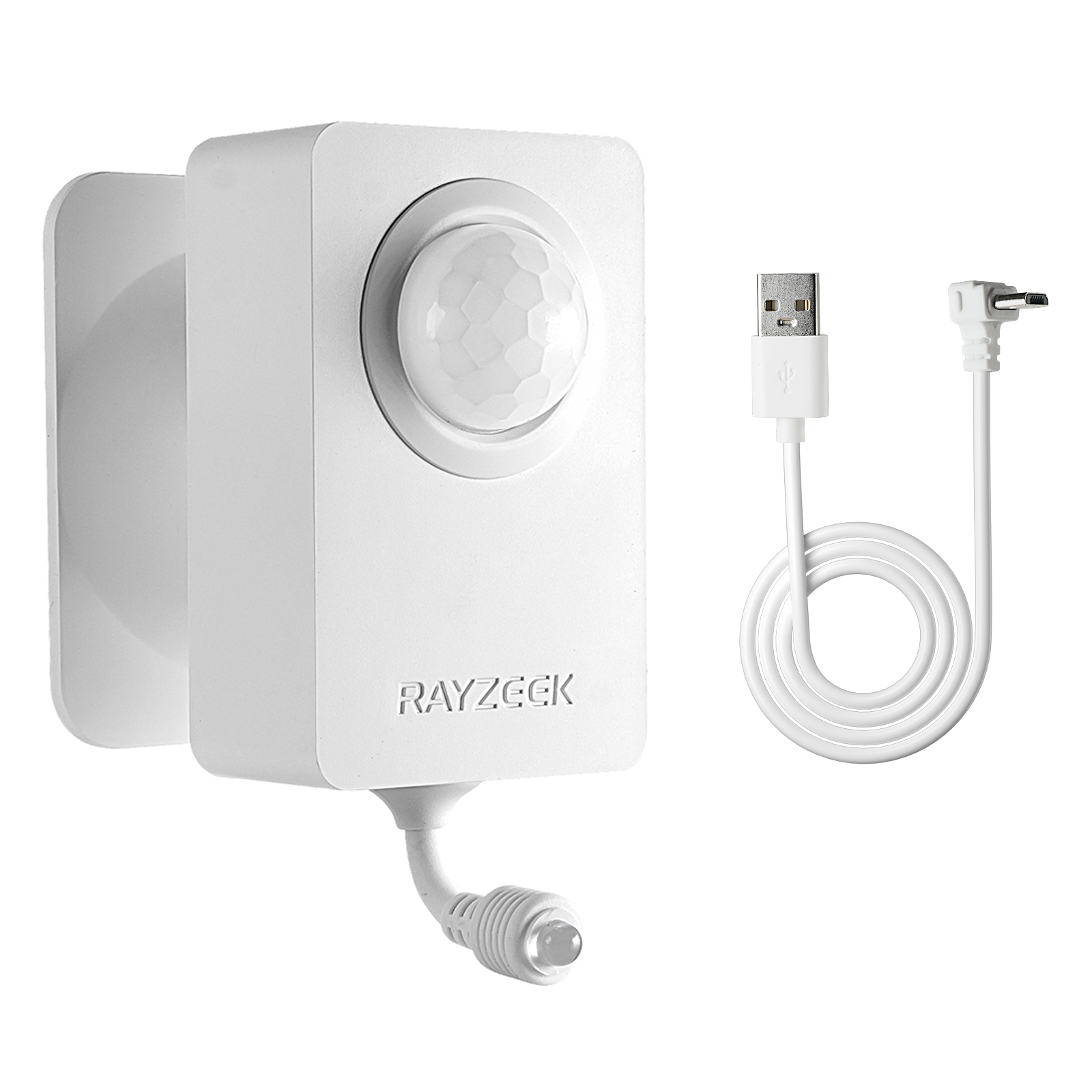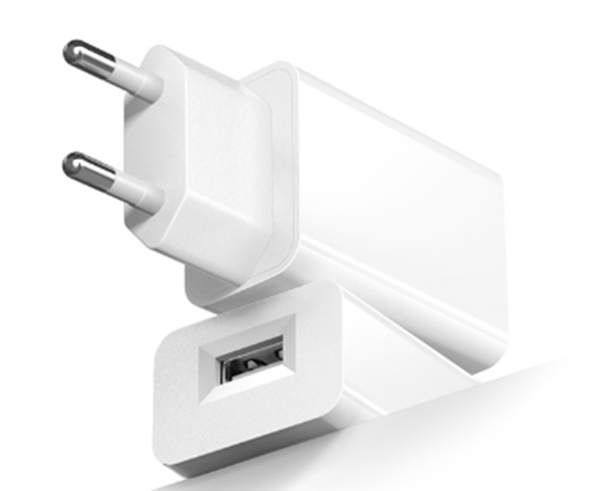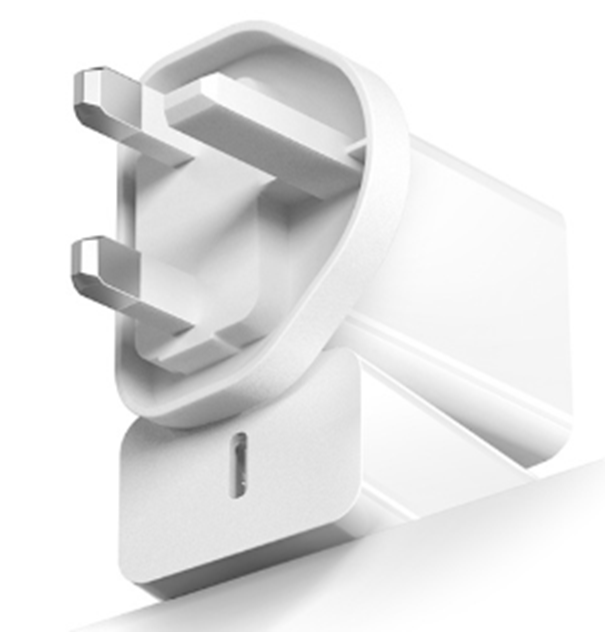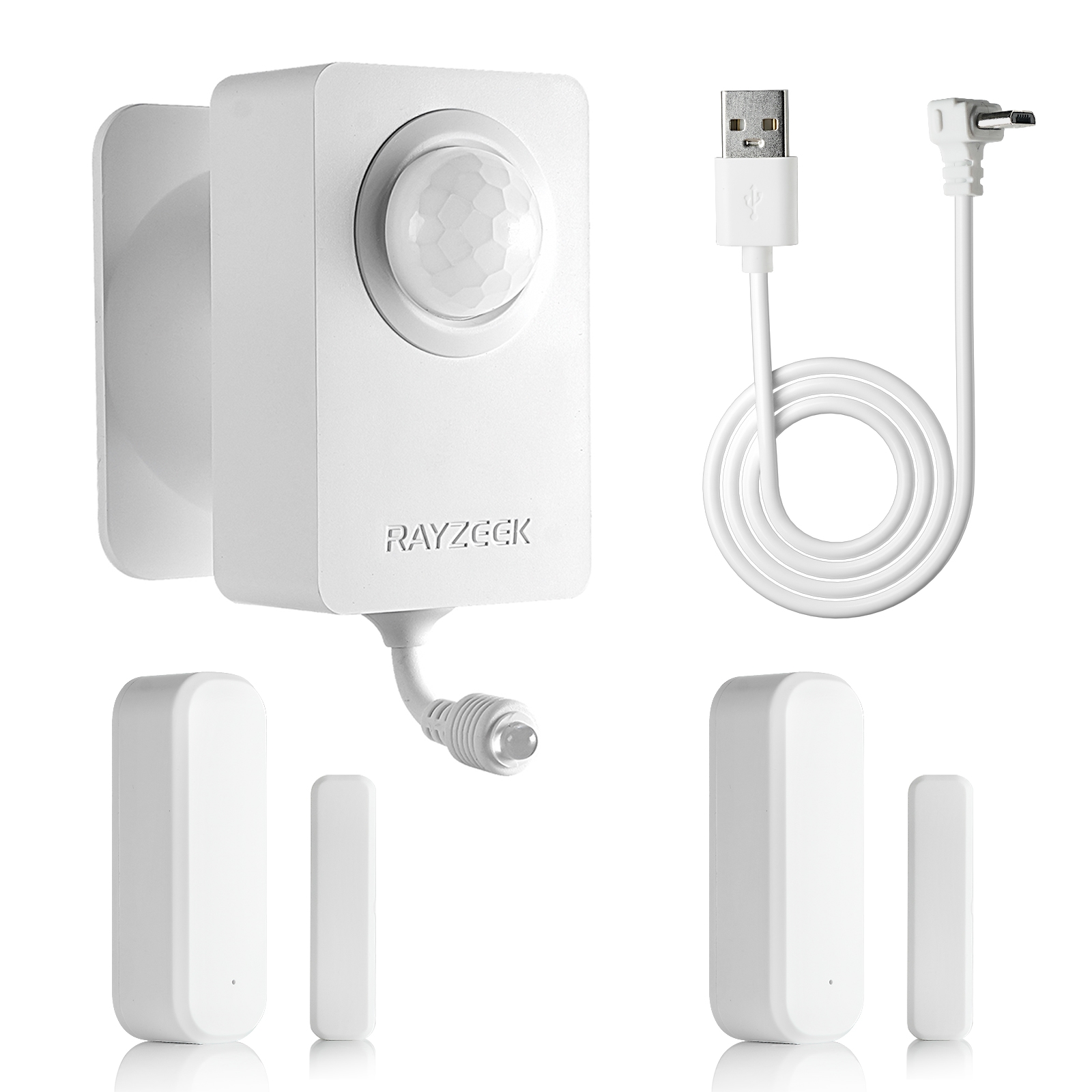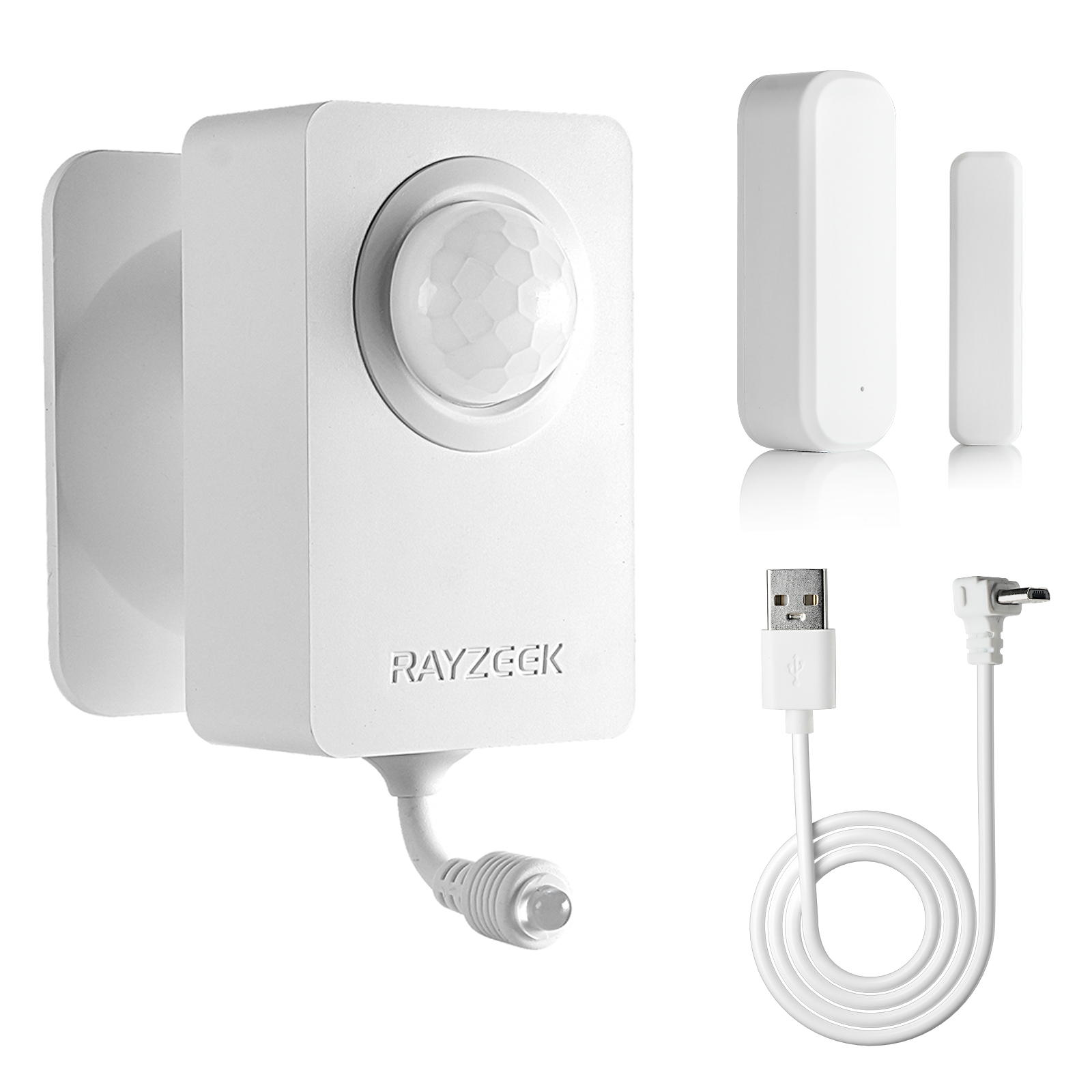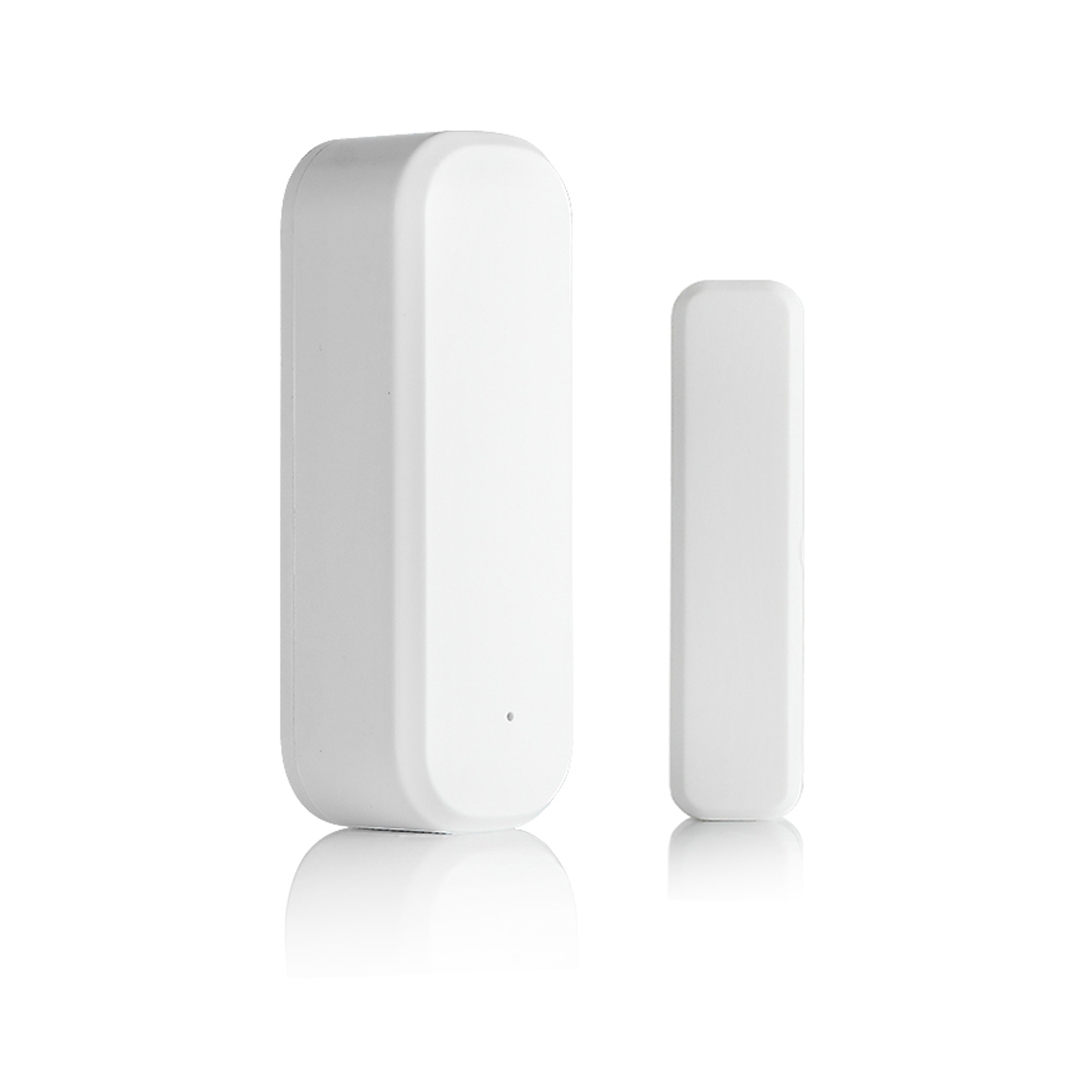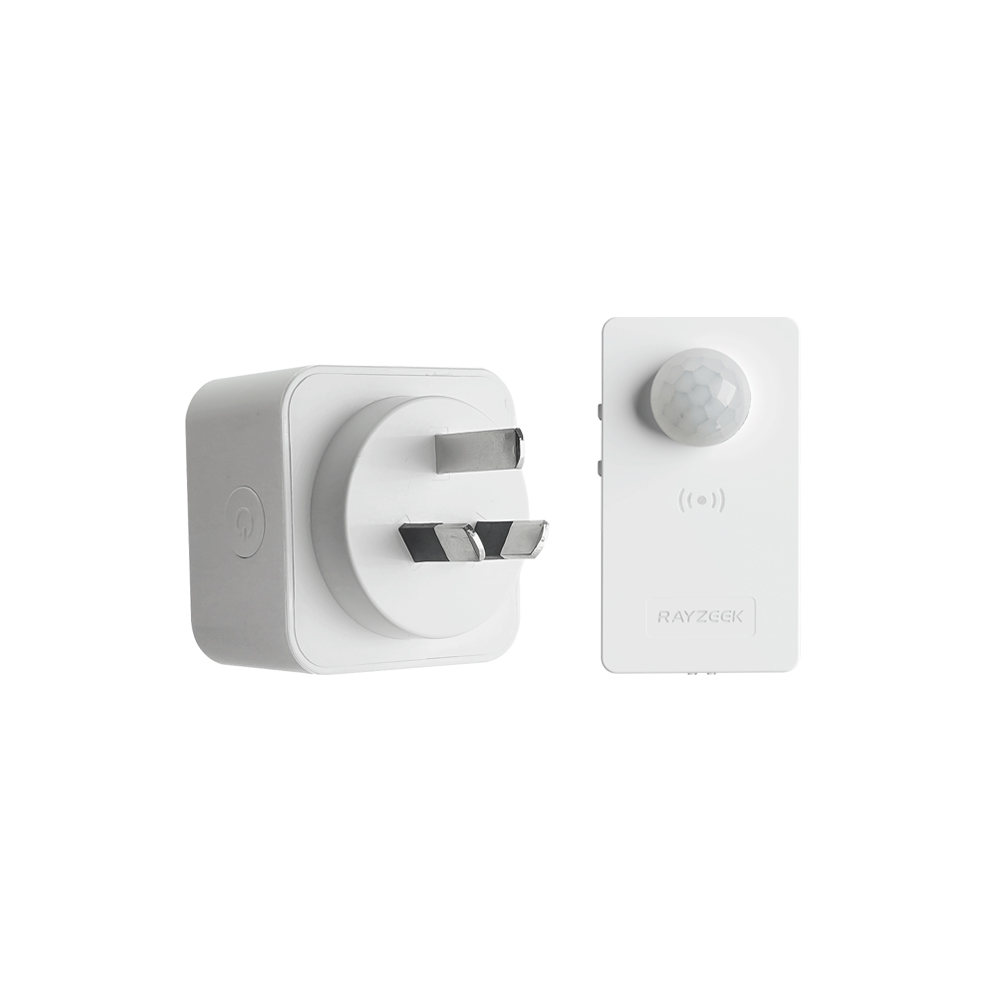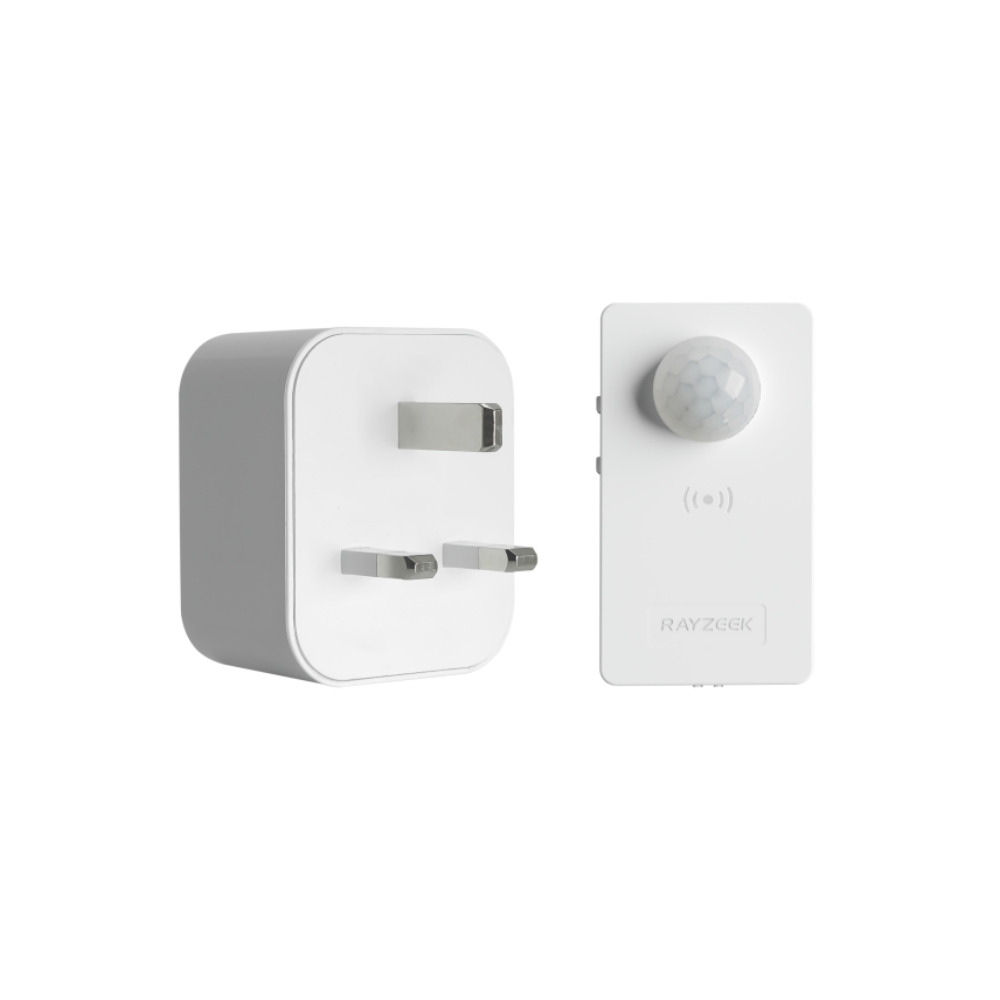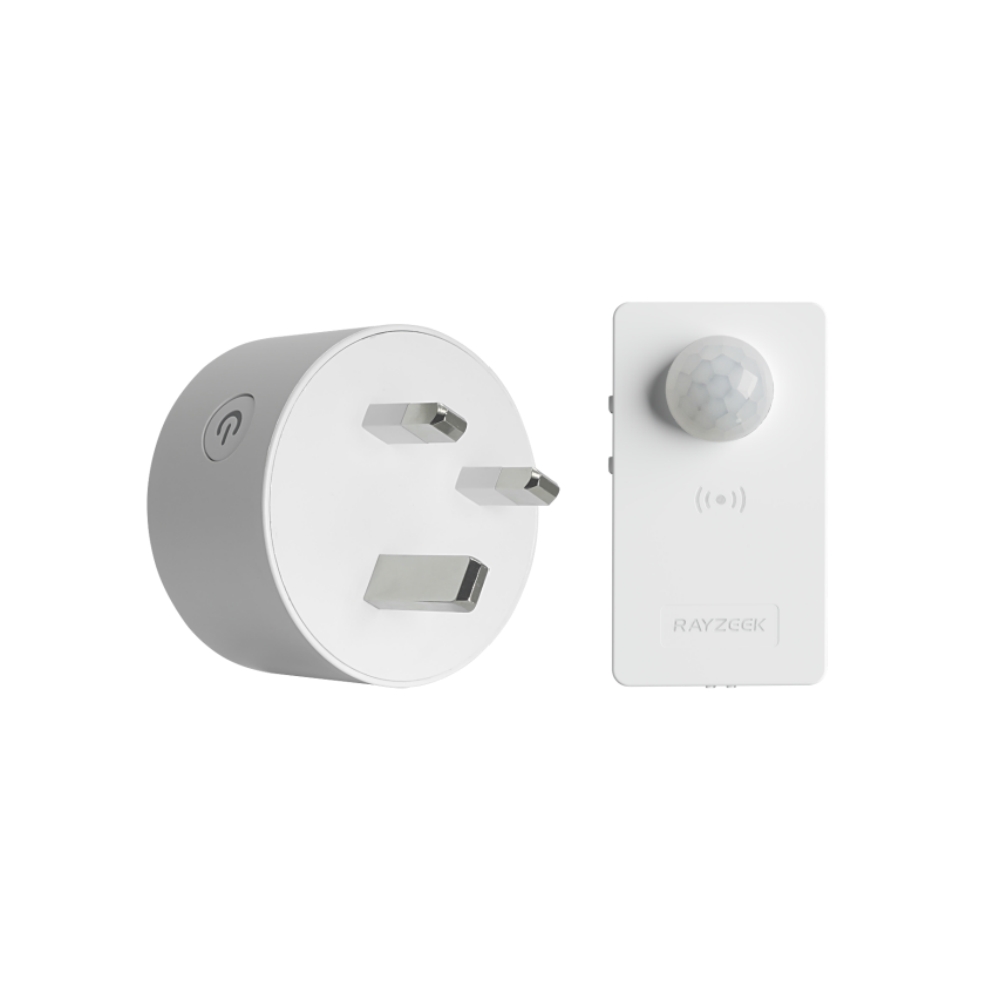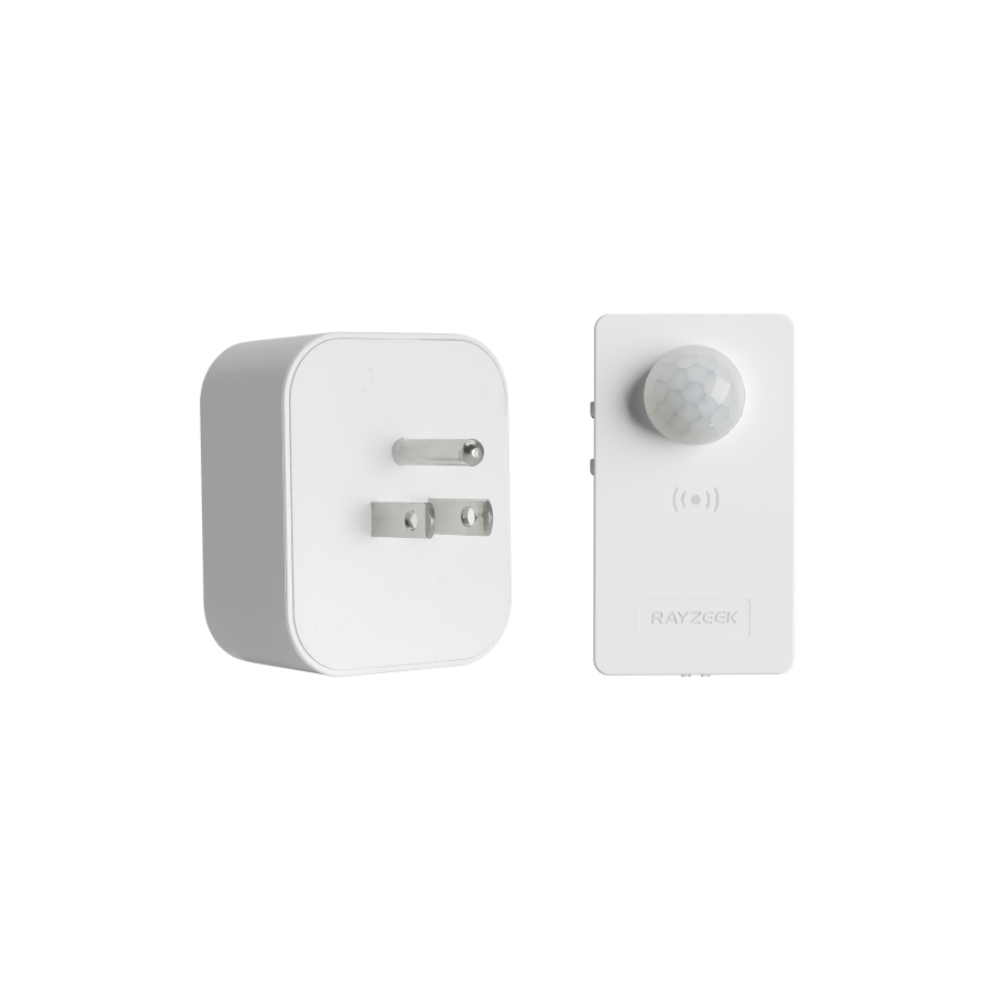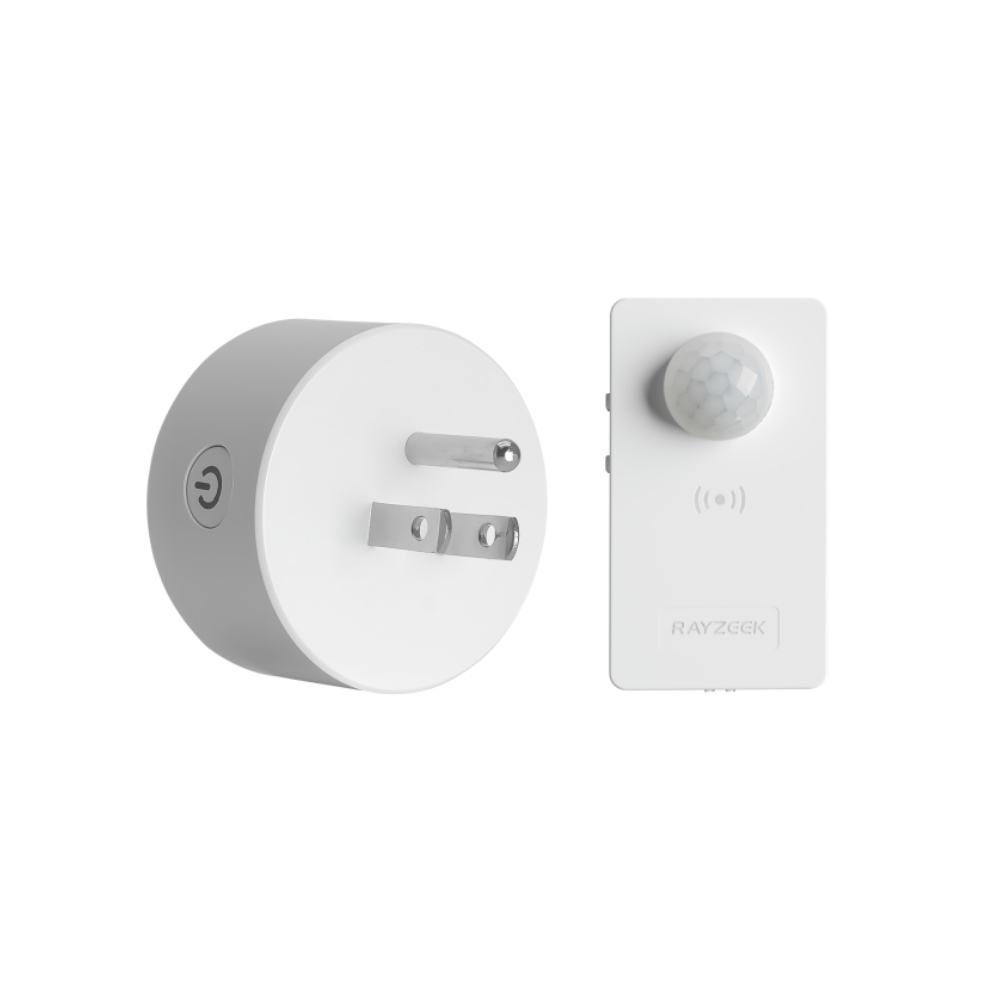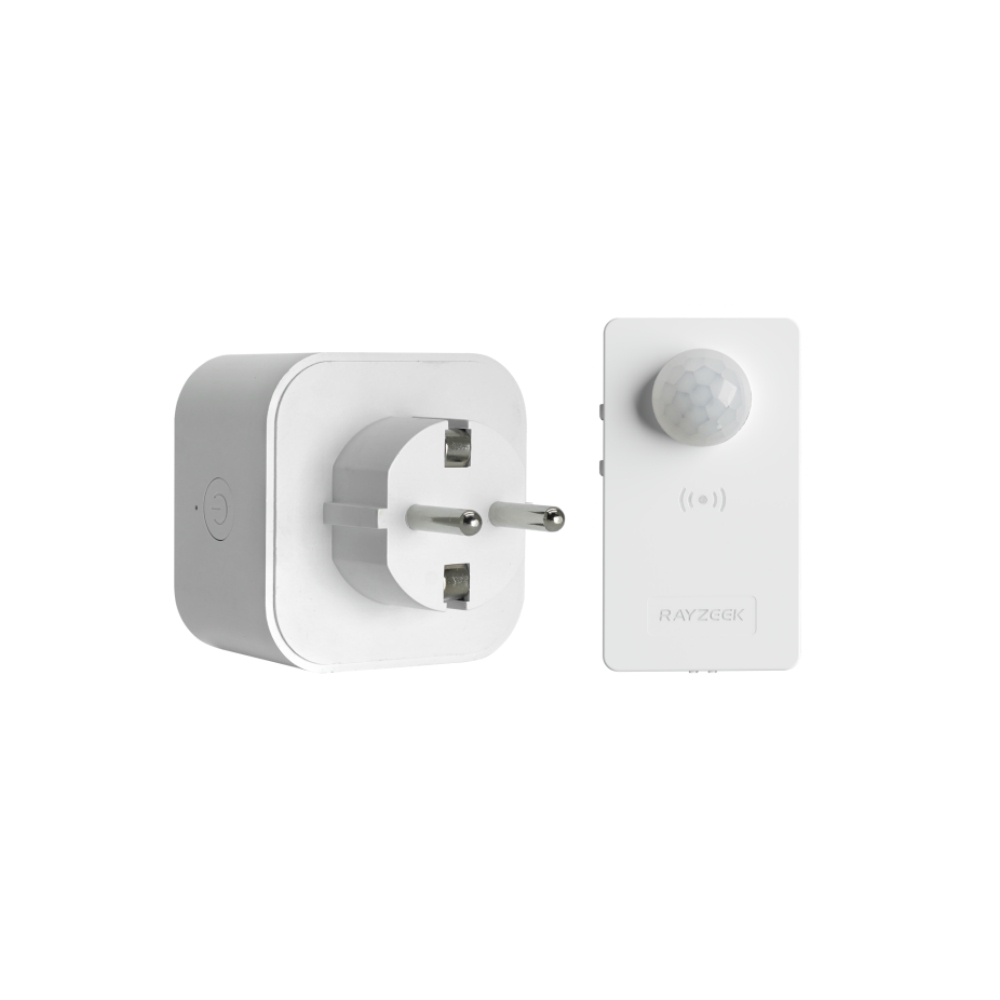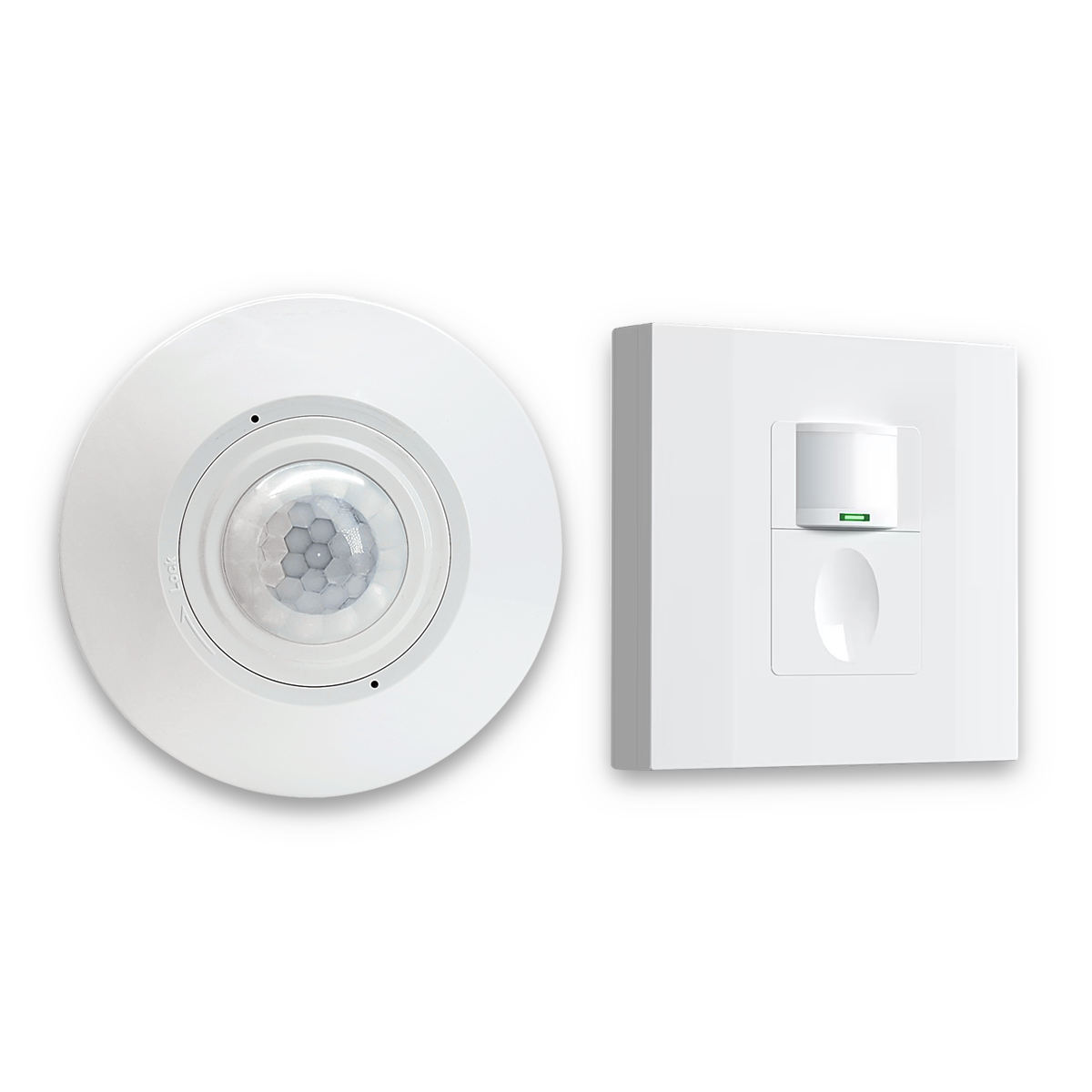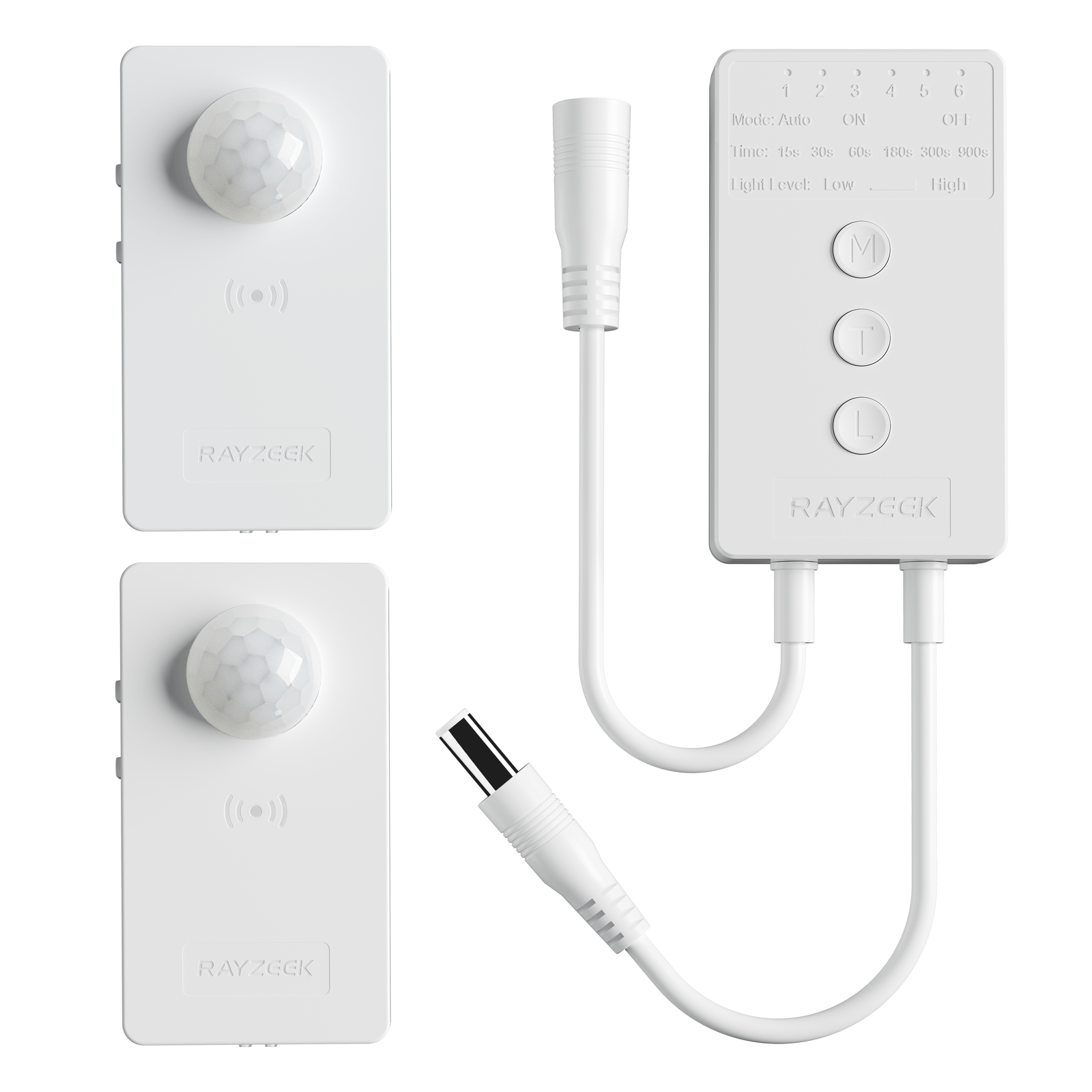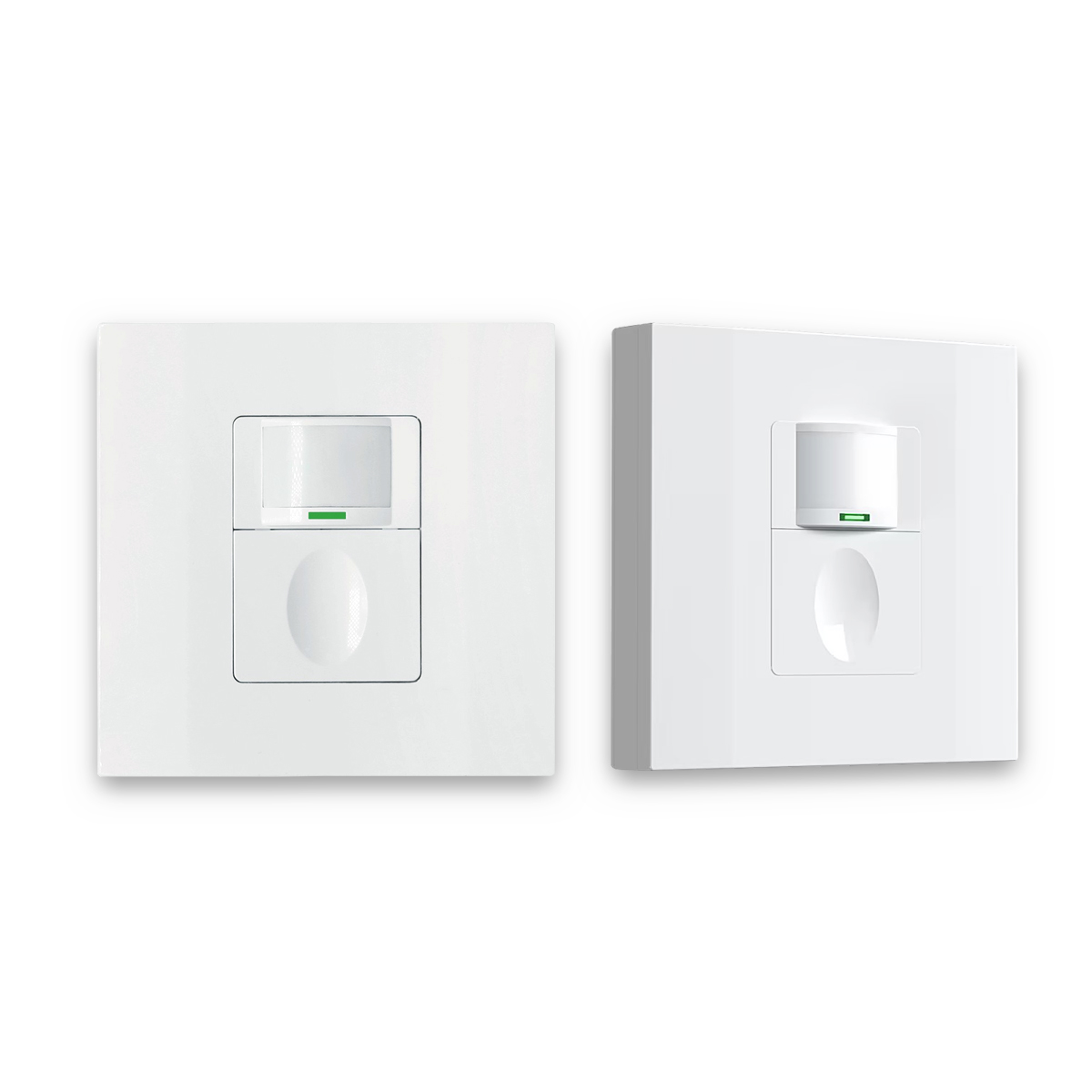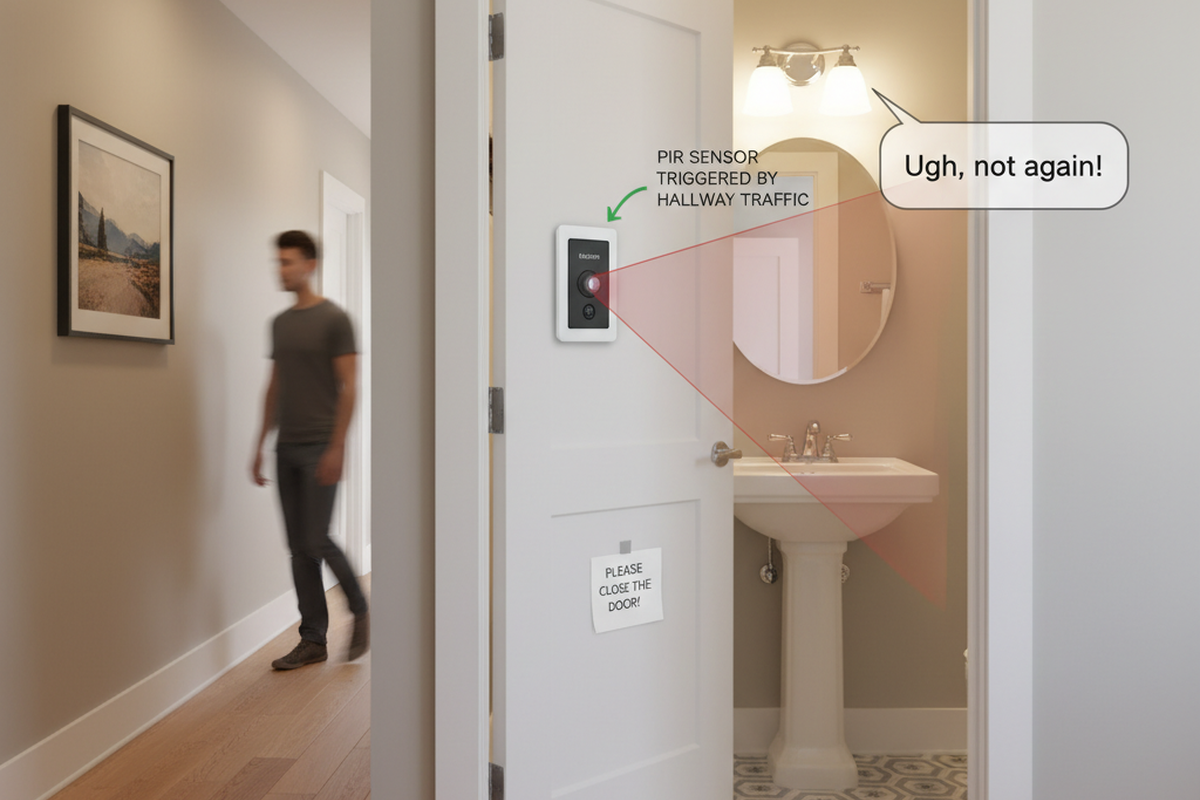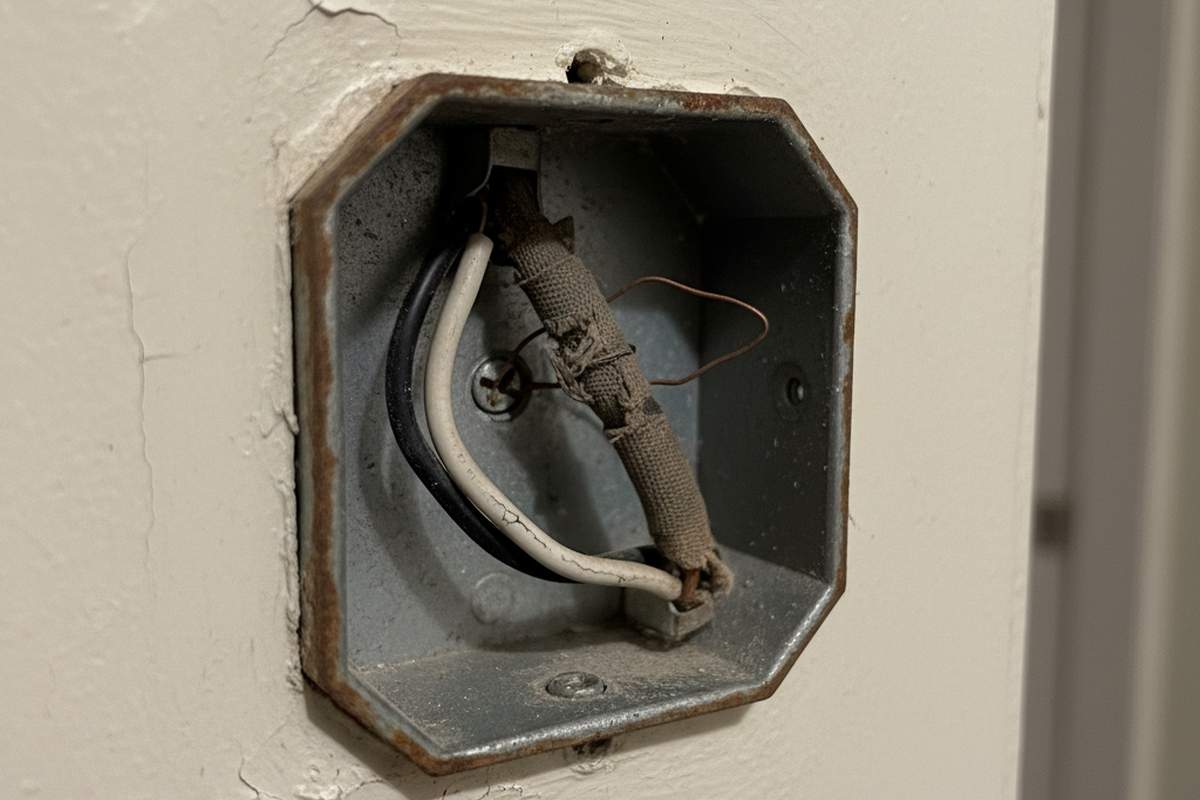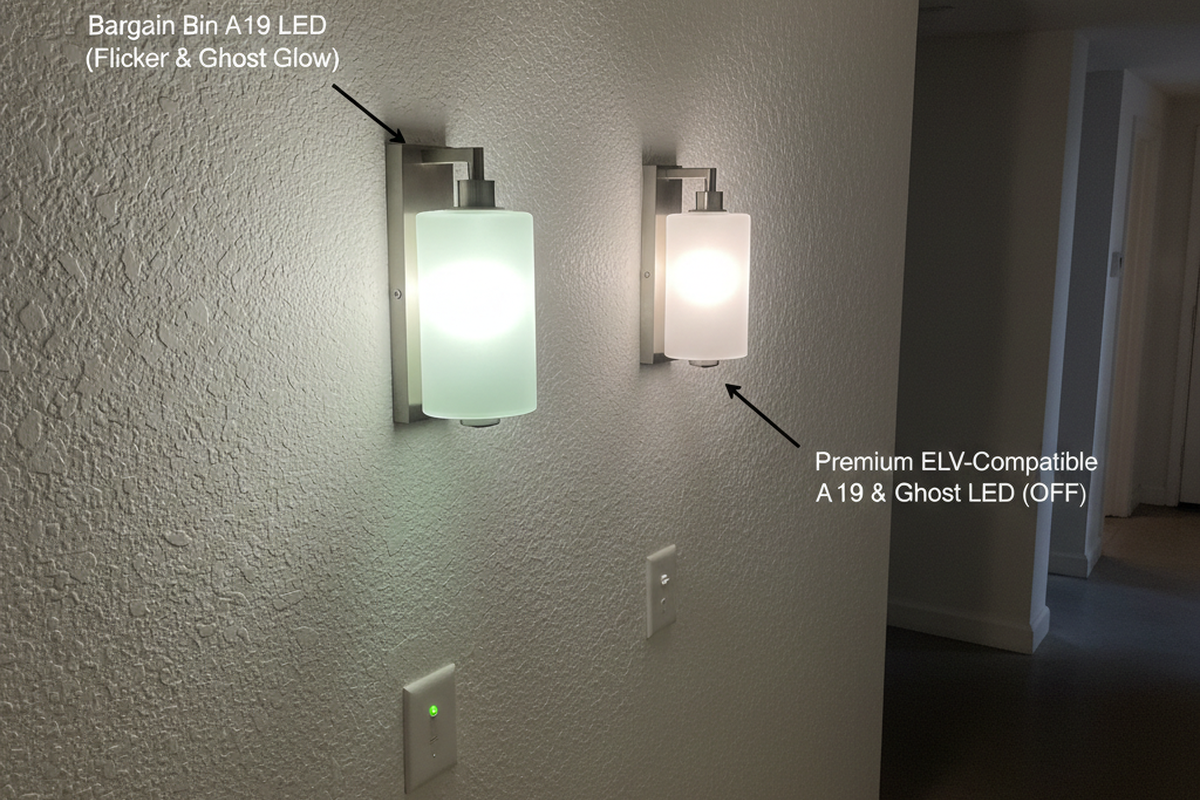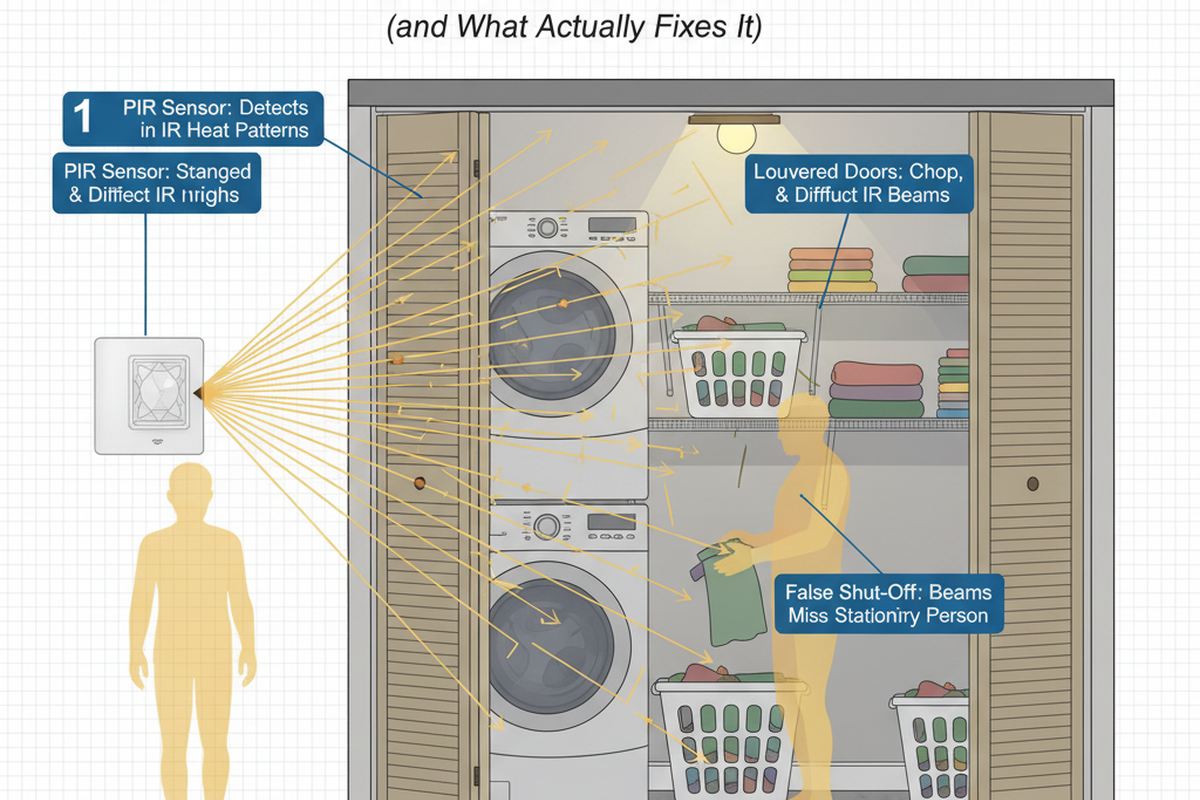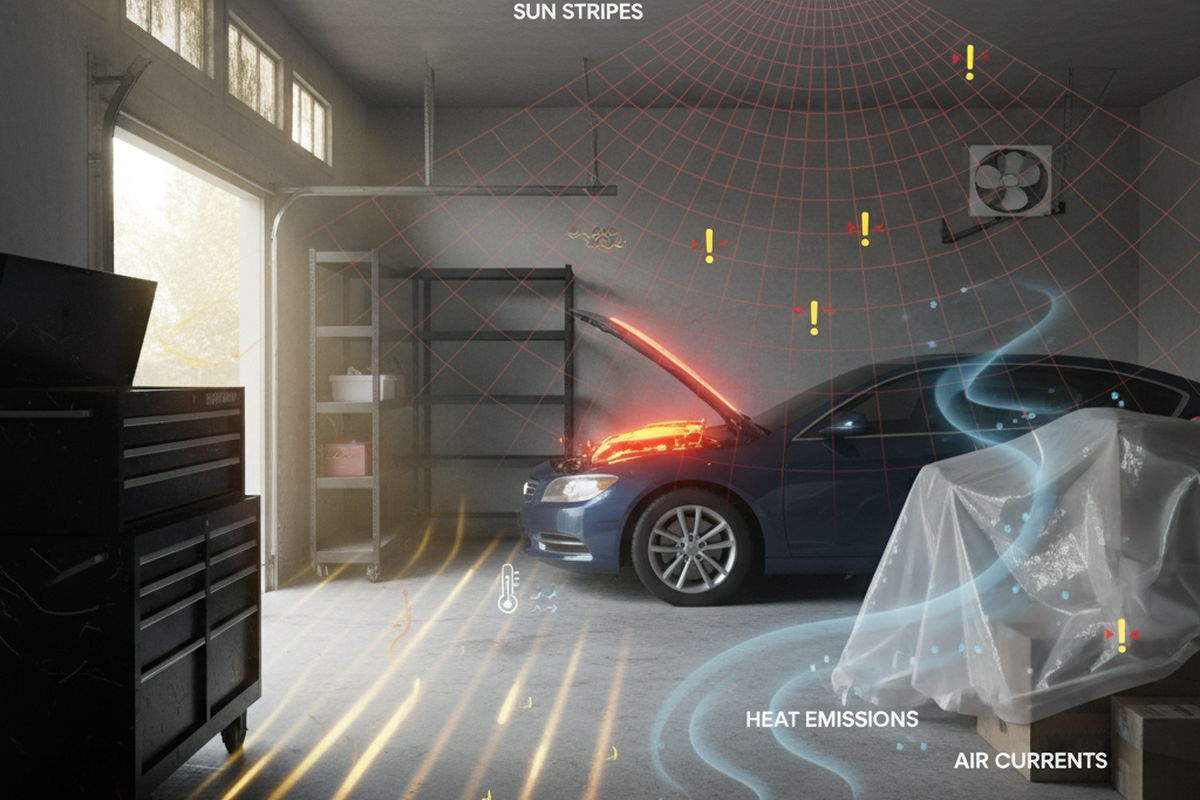Ever notice a strange odor wafting from your air conditioner? It’s more than just a bothersome scent; it often signals something’s amiss within your system. These smells, quite common in many homes, can range from a minor annoyance to a potential health concern. The good news is that figuring out what’s causing the smell is the first step toward fixing it. Think of it as a bit of detective work – the smell is your clue!
In this article, we’ll walk you through identifying the many different reasons why your AC might be smelling a little funky. We’ll help you tell the difference between minor issues you can probably tackle yourself and more serious problems that really need a professional’s touch. We’ll cover everything from simple fixes you can do in a snap to knowing when it’s time to call in the experts.
Our goal here is to give you, the homeowner, the knowledge to figure out what’s causing those common AC odor problems and what you can do about them. We want you to feel confident in understanding your AC. So, we’ll start by exploring some of the most common smells and what they probably mean. Let’s dive in and become AC smell detectives, shall we?
Common Smells and Their Causes
Your air conditioner can give off several common smells, and each one can point to a different issue. It’s almost like a secret code your AC is using to tell you what’s wrong! That’s why figuring out exactly what the odor smells like is so important for diagnosing the problem. The better you can describe the smell, the easier it’ll be to pinpoint what’s going on.
Musty or Mildewy
If you notice a musty or mildewy smell, often described as earthy or damp, it usually means you’ve got mold or mildew growing somewhere in your AC system. It’s that smell you might associate with a damp basement or an old, wet towel. This is usually because of excess moisture – mold and mildew just love damp places, and unfortunately, parts of your AC can be the perfect breeding ground. Common spots where this happens include the evaporator coil, drain pan, and ductwork, since these are all areas where water can collect. A particularly pungent version of this is often called “Dirty Sock Syndrome.” We’ll get to that shortly!
Dirty Socks
Yep, you guessed it: the “dirty socks” smell is a distinct, unpleasant odor caused by microbial growth (bacteria and fungi) on the evaporator coil. It’s a pretty unmistakable smell, and it’s definitely not something you want circulating in your home. The specific smell comes from the volatile organic compounds (MVOCs) these microbes produce. Think of MVOCs as the “exhaust” from these tiny organisms. These microbes thrive in damp, cool conditions, and the evaporator coil, which is designed to be cool and remove moisture, can unfortunately become the perfect home for them.
Burning
A burning smell, often described as sharp and acrid, or like melting rubber or plastic, indicates a serious problem. This is not a smell to ignore. It usually signifies an electrical issue or an overheating component. Something is getting too hot, and that’s a potential fire hazard. This requires immediate attention. Turn off your AC and call a professional. Do not try to fix this yourself. While typically electrical, in rare cases, it can indicate a failure in the unit’s safety mechanisms designed to prevent electrical fires. Potential burning components include the motor, wiring, fan belt, or capacitor. Any of these components failing can create a burning smell.
Chemical
A chemical smell, often described as sweet, slightly ether-like, or even similar to chloroform, usually indicates a refrigerant leak. It’s a distinct smell that’s different from other household chemicals. Refrigerant leaks are harmful to both your health and the environment, and they also reduce how well your AC cools. It’s like a slow leak in your car’s tire – it affects performance and can cause bigger problems down the road. Older refrigerants (like R-22) might have a slightly different smell than newer ones (like R-410A). The type of refrigerant used in your system can affect the exact smell.
### Rotten Eggs
A rotten egg smell typically indicates a dead animal (think rodent, bird, etc.) trapped in your ductwork or AC unit. It’s a very unpleasant and unmistakable odor. The smell will intensify as the animal decomposes. It’s a natural process, sure, but definitely not one you want happening in your AC system! Common entry points include gaps in ductwork and unsealed vents. Small animals can find their way into surprisingly small spaces, you know. Now, extremely unlikely, but if your AC is near a gas appliance, a rotten egg smell could indicate a gas leak. In this case, evacuate immediately and call your gas company. Better safe than sorry, right?
Vinegar
A vinegar-like smell, sharp and acidic, can indicate electrical issues with the motor or fan, or even ozone production. It’s a distinct smell that’s different from actual vinegar. Overheating electrical components can produce ozone, which has this characteristic smell. Ozone is a gas that’s created when electricity interacts with oxygen. Potential culprits include a failing motor, faulty wiring, or arcing (when electricity jumps between two points, creating a spark and heat). Also, some air purifiers produce ozone, which could be the source of the smell. If you have an ozone air purifier, that might be what you’re smelling!
Other Smells
If the smell doesn’t match any of these descriptions, it could be due to external odors being drawn in through leaks or vents. Think exhaust fumes, nearby construction, or even garbage. Your AC system can sometimes pull in smells from outside! Try turning off the AC to see if the smell persists. If the smell goes away when the AC is off, it’s likely coming from outside. Also, a “new AC smell” is usually temporary, caused by the off-gassing of manufacturing materials. It’s similar to the “new car smell” and should dissipate over time. Finally, household chemical contaminants (cleaning products, paints) can also be circulated by the AC. Make sure you store these chemicals properly and ventilate the area when using them.
Remember, some smells (especially burning and chemical odors) indicate potentially serious problems that need immediate professional attention. Don’t hesitate to call an HVAC technician if you’re unsure about the source of the smell, or if it’s a burning or chemical odor. Also, the intensity of the smell can be an indicator of severity. A stronger smell often means a bigger problem.
If you’re experiencing a smell that doesn’t fit these descriptions, it’s always a good idea to consult an HVAC professional for a diagnosis. They’ve got the tools and expertise to identify even the most unusual odors.
Musty or Mildewy
A musty or mildewy smell from your AC almost always indicates mold or mildew growth within the system. As we mentioned earlier, this odor is often described as earthy or damp. It’s that familiar smell of dampness and decay.
Mold spores are virtually everywhere, but they need moisture to grow and flourish. They’re like tiny seeds waiting for the right conditions to sprout. Excess moisture within your air conditioner provides the ideal environment for this to happen. Your AC, unfortunately, can become a perfect incubator for mold.
Get Inspired by Rayzeek Motion Sensor Portfolios.
Doesn't find what you want? Don't worry. There are always alternate ways to solve your problems. Maybe one of our portfolios can help.
Common growth locations include the evaporator coil, drain pan, and ductwork, where moisture tends to accumulate. These are all places where water is either intentionally present or can collect due to condensation.
The “Dirty Sock Syndrome,” as we discussed previously, is a specific and particularly pungent type of musty smell caused by microbial growth. It’s a more intense version of the typical musty smell. While professional testing is needed for precise identification, some common mold genera found in AC systems include Cladosporium, Aspergillus, and Penicillium. These are just a few of the many types of mold that can grow in your AC.
Dirty Socks
The distinctive “dirty socks” smell coming from your AC is caused by microbial growth, specifically bacteria and fungi, on the evaporator coil. As previously described, this odor is quite unique and unpleasant. It’s a smell that’s hard to forget once you’ve experienced it.
The characteristic smell is due to the specific volatile organic compounds (MVOCs) produced by these microbes as they grow and multiply. These MVOCs are the byproducts of their life processes, and they’re what create the offensive odor. Think of it like the microbes are “breathing out” these smelly compounds.
The specific species of microbes can vary depending on your location and environment, but they generally thrive in the damp, cool conditions found on the evaporator coil. The evaporator coil is designed to be cool and remove moisture, but this also makes it an ideal habitat for these microbes.
Burning
A burning smell from your air conditioner indicates a serious problem requiring immediate attention. As mentioned before, this is not a smell to ignore. Turn off your AC immediately and call a qualified HVAC technician. This is a potential fire hazard, so act quickly.
This smell usually signifies an electrical problem or an overheating component within the unit. Potential culprits include the motor, wiring, fan belt, or capacitor.
The burning smell might be sharp and acrid, characteristic of an electrical issue, or it could smell more like melting rubber or plastic.
Smoke may or may not be present with a burning smell, but the absence of smoke does not mean the problem is less serious. Even if you do not see smoke, a burning smell is always a cause for concern.
Chemical
A chemical smell, often sweet and slightly ether-like, usually indicates a refrigerant leak from your air conditioning system. Recall that this smell can be similar to chloroform. It’s a distinct chemical odor that’s different from other household smells.
Refrigerant leaks are not only harmful to your health and the environment, but they also significantly reduce your AC’s cooling efficiency. Your AC will have to work harder to cool your home, and your energy bills will likely increase.
The exact smell can vary slightly depending on the type of refrigerant used. Older systems using R-22 may have a different odor compared to newer systems using R-410A. The environmental impact of these leaks extends beyond immediate climate concerns, influencing long-term regulatory changes and the development of new cooling technologies. That’s why there’s been a push to phase out older refrigerants like R-22.
Because of the health and environmental risks, refrigerant leaks must be addressed by a qualified HVAC professional. Do not attempt to fix these yourself.
Rotten Eggs
A rotten egg smell emanating from your AC vents almost always indicates the presence of a dead animal, such as a rodent or bird, trapped somewhere in your ductwork or the unit itself. This is a very distinct and unpleasant odor, as we mentioned earlier. It’s a smell that’s hard to mistake for anything else, unfortunately.
The intensity of the smell will increase over time as the animal decomposes. It’s a natural process, but it’s definitely not something you want happening in your home, right?
Common entry points for these animals include gaps or cracks in the ductwork and unsealed vents. Small animals can squeeze through surprisingly small openings.
While extremely unlikely, if your air conditioner is located near a gas appliance, a rotten egg smell could indicate a natural gas or propane leak. If you suspect a gas leak, immediately evacuate the area and contact your gas company or emergency services. This is a serious safety hazard, so it is crucial to act quickly.
Vinegar
A sharp, vinegar-like smell coming from your air conditioner can indicate a few potential problems, often related to electrical components or ozone production. This acidic odor, as we described previously, is quite distinctive. It’s a sharp, pungent smell that’s similar to actual vinegar.
One common cause is overheating electrical components, such as the motor or fan, which can produce ozone. Ozone has a characteristic sharp, acidic smell that is often compared to vinegar. It’s a gas that’s created when electricity interacts with oxygen.
Potential culprits include a failing motor, faulty wiring, or electrical arcing within the system. Arcing is when electricity jumps between two points, creating a spark and heat.
It’s important to note that some air purifiers, particularly those with ionizing features, also produce ozone as a byproduct. If you use such an air purifier, this could be the source of the vinegar smell, rather than your AC unit itself. Try turning off the air purifier to see if the smell goes away.
Other Smells
If the smell you’re experiencing doesn’t match any of the previously described odors, it’s possible that external odors are being drawn into your AC system. Common examples include exhaust fumes from vehicles, odors from nearby construction, or even the smell of garbage. Your AC system can sometimes pull in smells from outside if there are leaks in the ductwork or around vents.
To determine if the smell is external, try turning off your air conditioner and closing all windows and doors. If the smell dissipates, it’s likely coming from an outside source. This simple test can help you narrow down the source of the odor.
A “new AC smell,” often described as a slightly plastic or chemical odor, is sometimes noticeable when a new air conditioner is first installed. This is typically due to the off-gassing of manufacturing materials and is usually temporary. It’s similar to the “new car smell” and should fade over time.
Household chemicals, such as cleaning products, paints, or solvents, can also be circulated by your air conditioner, leading to unusual odors. Ensure these chemicals are stored properly and used in well-ventilated areas. Proper storage and ventilation can help prevent these odors from being circulated throughout your home.
What Causes AC Odors?
This section delves deeper into the underlying causes of the common AC odors we’ve just discussed, explaining how each problem leads to the specific smell. We’ll go beyond just identifying the smell and explore the “why” behind it. It’s important to remember that AC odor problems can sometimes be caused by a combination of factors, where one issue exacerbates another. It’s not always a simple one-to-one relationship between the smell and the cause.
Mold and Mildew
As previously mentioned, mold and mildew thrive in damp, dark environments, making certain parts of your AC unit particularly susceptible. These microorganisms need moisture to grow, and your AC can unfortunately provide that moisture.
The evaporator coil and the condensate drain pan, which are designed to handle moisture, are common breeding grounds for mold and mildew. These components are specifically designed to deal with water, but this also makes them vulnerable to mold growth.
These microorganisms produce microbial volatile organic compounds (MVOCs) as they grow and multiply. It’s these MVOCs that cause the characteristic musty or mildewy smell. MVOCs are essentially the “exhaust” of these microorganisms, and they’re what you smell.
Importantly, MVOCs can cause health issues in some individuals, particularly those with allergies or respiratory problems. These compounds can irritate the airways and trigger allergic reactions. Symptoms can include allergic reactions, such as sneezing, coughing, and watery eyes, as well as respiratory irritation. If you experience these symptoms when your AC is running, it could be a sign of mold growth.
The specific types of MVOCs produced vary depending on the mold species and the material they are growing on. Examples of MVOC classes include alcohols, aldehydes, and ketones. These are different types of chemical compounds, but detailed chemical structures are beyond the scope of this article. The important thing to know is that they all contribute to the unpleasant smell.
Clogged Drain Line
Your air conditioner’s condensate drain line is responsible for removing the water that condenses on the evaporator coil during the cooling process. Think of it like a drain pipe in your sink – it’s designed to carry away excess water. A clogged drain line prevents this water from draining properly. Just like a clogged sink, a clogged drain line can lead to problems.
This blockage leads to stagnant water accumulating in the drain pan, creating an ideal environment for mold and mildew growth. Stagnant water is a breeding ground for microorganisms. It’s like a swamp!
Common causes of clogs include algae buildup, dust, dirt, and other debris that can accumulate over time.
Even partial clogs can be problematic, as they restrict water flow and create damp conditions. A partially clogged drain line is still a problem, even if it’s not completely blocked.
Long-term consequences of a clogged drain line can include water damage to your home, increased humidity levels, and reduced AC efficiency.
Dirty Air Filter
A dirty air filter is a common, yet often overlooked, contributor to AC odor problems. A clogged filter restricts airflow, reducing the AC’s overall efficiency and performance. It’s like trying to breathe through a straw that’s partially blocked!
The filter traps odor-causing particles, such as dust, pollen, pet dander, and other airborne contaminants. These trapped particles can contribute to unpleasant odors. Over time, these particles can start to smell, especially if they’re organic matter.
Reduced airflow due to a dirty filter also increases humidity levels within the system. This increased humidity can contribute to mold growth on other components, such as the evaporator coil, exacerbating odor problems. A dirty filter can create a chain reaction of problems.
It’s crucial to check your air filter monthly and replace it every 1-3 months, or more frequently as needed. This is a simple and inexpensive way to prevent many AC problems.
Higher MERV-rated filters trap more particles but may restrict airflow more if not changed frequently. A dirty filter also forces your AC to work harder, increasing energy consumption. This means higher energy bills for you.
Dead Animals or Pests
Unfortunately, small animals, such as rodents, birds, or insects, can sometimes get trapped in your ductwork or within the AC unit itself. When these animals die and decompose, they produce a strong, foul odor. It’s a natural process, but it’s definitely not something you want happening in your home!
The specific smell will vary depending on the type of animal and the stage of decomposition. The smell will change over time as the animal decomposes.
To prevent this, it’s important to seal any gaps or cracks in your ductwork and use vent covers to prevent animals from entering. Prevention is the best approach to this problem.
The decomposition process can also release bacteria and allergens into the air, posing potential health risks. This is another reason why it’s important to address this problem promptly.
Refrigerant Leaks
As discussed earlier, refrigerant leaks cause a distinctive chemical smell. However, the leak itself also contributes to other issues that can indirectly lead to odors. A refrigerant leak is not just about the chemical smell; it can also cause other problems.
A refrigerant leak reduces your AC’s cooling capacity and can increase humidity levels within the system. This increased humidity, in turn, promotes mold and mildew growth, contributing to musty odors. The leak creates an environment that’s more conducive to mold growth.
Other signs of a refrigerant leak include reduced cooling performance, ice buildup on the evaporator coils, and a hissing sound coming from the unit.
Small refrigerant leaks can be difficult to detect by smell alone, making regular professional inspections important. You might not always be able to smell a small leak.
Refrigerants are potent greenhouse gases that contribute to climate change. Common refrigerants include R-22 (which is being phased out due to its high ozone depletion potential), R-410A, and newer alternatives with lower Global Warming Potential (GWP), a measure of their impact on climate change. GWP is a way of comparing the impact of different greenhouse gases.
Ductwork Issues
Problems with your ductwork, such as leaks, loose connections, or improper sealing, can contribute to AC odors in several ways. Your ductwork is like the circulatory system of your AC, and problems with it can affect the entire system.
Leaks in the ductwork can allow outside odors to be drawn into your home’s air circulation system. This is like having a hole in your window – outside air and smells can get in.
Ductwork issues can also create conditions that promote mold and mildew growth within the ducts themselves. Temperature differences between the air inside the ducts and the surrounding environment can lead to condensation, creating a damp environment for mold. This is similar to how condensation forms on a cold glass of water on a hot day.
Poorly insulated ductwork can exacerbate condensation problems, further increasing the risk of mold growth. Insulation helps to keep the temperature inside the ducts consistent, reducing condensation.
Signs of ductwork leaks include visible gaps or cracks, feeling for air leaks around connections, and uneven temperatures in different rooms of your house. A professional duct inspection can accurately identify and locate leaks. They have specialized tools to find leaks that you might not be able to see.
Sealing ductwork leaks typically involves using mastic sealant or specialized duct tape (note that regular “duct tape” is not suitable for this purpose). Mastic sealant is a long-lasting sealant specifically designed for ductwork.
Electrical Problems
As emphasized earlier, a burning smell from your AC almost always indicates an electrical problem, such as overheating components, wiring issues, or a motor malfunction. This requires immediate professional attention. Turn off your AC immediately and call an HVAC technician. This is a potential fire hazard, so it is crucial to act quickly and not try to fix it yourself.
Potential consequences of ignoring a burning smell include a fire, further damage to your AC system, and costly repairs. Ignoring this problem can lead to much bigger problems down the road.
Even intermittent burning smells should be addressed promptly by a professional, as they can indicate a developing issue that could worsen over time. Don’t ignore intermittent problems – they could be a sign of a bigger problem brewing!
Indoor Unit Issues
Various problems within the indoor unit of your air conditioner can contribute to unpleasant odors. The indoor unit is where a lot of the action happens, and it’s susceptible to a variety of problems.
The blower wheel, which circulates air throughout your home, can accumulate dust, dirt, and debris over time. This buildup can lead to mold growth and reduced airflow, contributing to the distribution of odors. A dirty blower wheel is like a dirty fan – it can spread dust and odors throughout your home.
The air handler, which houses the blower and often the evaporator coil, is susceptible to many of the same problems as the main evaporator coil unit. The air handler is a key part of your AC system, and it needs to be kept clean and functioning properly.
These problems include:
- Dirty coils within the air handler (similar to the main evaporator coil).
- A clogged condensate drain pan specific to the air handler.
- Microbial growth on internal components of the air handler.
Outdoor Unit Issues
While problems with the outdoor unit are less likely to directly cause indoor odors, they can indirectly contribute by exacerbating other issues. The outdoor unit is the workhorse of your AC system, and problems with it can affect the entire system.
Debris buildup, such as leaves, grass clippings, twigs, and dirt, around the outdoor unit can block airflow. This is like putting a blanket over the unit – it can’t “breathe” properly!
A malfunctioning fan in the outdoor unit (not spinning properly or at all) can also restrict airflow. The fan is essential for dissipating heat, and if it’s not working properly, the unit can overheat.
Reduced airflow reduces the overall efficiency of your AC system, increasing humidity levels and potentially straining the system. This can indirectly contribute to indoor odor problems by making issues like mold growth more likely. A struggling outdoor unit can create conditions that are more favorable for mold growth inside.
Other, less common, issues with the outdoor unit that could contribute to odors (though more noticeable outside) include refrigerant leaks in the outdoor unit itself and damaged insulation on refrigerant lines. These problems are less likely to cause indoor odors, but they can still affect the performance of your AC system.
For anything beyond basic cleaning and maintenance, it’s generally recommended to call an HVAC professional. Many indoor and outdoor unit problems require specialized tools, knowledge, and experience to diagnose and repair correctly. It’s best to leave these repairs to the experts.
How to Get Rid of AC Odors
This section provides practical solutions for addressing the AC odor problems we’ve discussed, empowering you to take action and eliminate those unpleasant smells. We’ll cover what you can do yourself and when you need to call a professional.
Cleaning the Evaporator Coil
If mold or mildew growth on the evaporator coil is the source of the odor, cleaning the coil can often resolve the problem. The evaporator coil is a common place for mold to grow, and cleaning it can make a big difference.
Use a commercially available evaporator coil cleaner, which is typically available as a spray or foam. Carefully follow the manufacturer’s instructions on the product label. Different cleaners have different instructions, so it’s important to read them carefully.
Do not use harsh chemicals like bleach, as these can damage the delicate fins of the evaporator coil. Bleach can corrode the coil and cause more harm than good.
Some coil cleaners are formulated as “no-rinse,” while others require rinsing with water after application. Be sure to follow the specific instructions for the product you choose. Using the wrong type of cleaner or not following the instructions can damage the coil.
Potential risks of cleaning the evaporator coil include damaging the coil fins and inhaling fumes from the cleaner. The fins are delicate, and the cleaner can be irritating to your lungs.
To minimize risks, wear gloves and eye protection, and ensure the AC unit is turned off and the power is disconnected before you begin cleaning. Safety first!
Unclogging the Drain Line
If a clogged condensate drain line is contributing to mold and mildew growth, unclogging the line is essential. A clogged drain line is like a clogged sink – it needs to be cleared to prevent problems.
The condensate drain line is usually a PVC pipe located near the indoor unit, typically leading to the outside of your home. It’s usually a white or clear plastic pipe.
One effective method for unclogging the drain line is to use a wet/dry vacuum. Attach the vacuum hose to the outside end of the drain line and create a tight seal. Turn on the vacuum to try to suck out the clog. This is like using a plunger on a clogged sink!
If the line is not completely blocked, you may be able to flush it with water. However, do not use excessive water pressure, as this could damage the drain pan or connections. Too much pressure can cause leaks or damage the system.
To prevent future clogs, periodically flush the drain line with a diluted vinegar solution or a commercially available algae preventative product designed for AC condensate lines. Regular flushing can help prevent clogs from forming.
If the clog is severe or inaccessible, or if you are uncomfortable attempting to unclog the line yourself, it’s best to call an HVAC professional. Sometimes it’s best to leave it to the experts!
Replacing the Filter
Regular air filter replacement is crucial for preventing AC odors and maintaining the overall efficiency of your system. This is one of the easiest and most important things you can do to keep your AC running smoothly.
Check your air filter monthly and replace it every 1-3 months, or more frequently as needed. The ideal replacement frequency depends on factors such as your AC usage, whether you have pets, and if anyone in your household has allergies. If you have pets or allergies, you may need to change the filter more often.
Looking For Motion-Activated Energy-Saving Solutions?
Contact us for complete PIR motion sensors, motion-activated energy-saving products, motion sensor switches, and Occupancy/Vacancy commercial solutions.
The correct filter size is usually printed on the old filter or in your AC unit’s owner’s manual. Make sure you get the right size filter!
MERV ratings indicate the filter’s ability to trap particles:
- Higher MERV filters trap smaller particles, which is better for allergies.
- However, higher MERV filters can restrict airflow more if not changed frequently.
- Choose a filter that balances filtration and airflow for your specific AC system, consulting your manufacturer’s recommendations. It’s a trade-off between filtration and airflow.
Some AC systems have more than one filter, so be sure to check and replace all of them. Don’t forget to check for all the filters in your system!
Removing Dead Animals
If a dead animal is the source of the odor, you’ll need to remove it safely and thoroughly to eliminate the smell. This is an unpleasant task, but it’s necessary to get rid of the odor.
Always wear gloves, a mask, and eye protection when handling dead animals due to the potential for disease transmission. Protect yourself from potential health hazards.
Use a plastic bag to carefully remove the animal carcass. Seal the bag tightly to contain the odor and prevent the spread of bacteria. Double-bagging is a good idea.
After removing the animal, thoroughly clean and disinfect the area where it was found. Use an appropriate cleaner, such as an enzymatic cleaner specifically designed for removing organic matter and odors, or a diluted bleach solution. Check for compatibility with ductwork material. Make sure the cleaner is safe to use on the materials in your AC system.
Call a professional if:
- The animal is difficult to reach (e.g., deep within ductwork).
- The smell persists even after removal and cleaning.
- You are uncomfortable handling the situation yourself. It’s okay to call for help if you’re not comfortable dealing with this!
Repairing Leaks
Refrigerant leaks must be repaired by a qualified HVAC professional. Do not attempt to repair refrigerant leaks yourself, as this is dangerous and requires specialized knowledge and equipment.
Handling refrigerants requires specialized certification, such as EPA Section 608 certification in the United States. Technicians need to be certified to handle refrigerants safely and legally.
Simply adding more refrigerant without fixing the underlying leak is not only ineffective and illegal, but it’s also harmful to the environment. It’s like putting air in a tire with a hole – it won’t solve the problem!
Refrigerant leak detection and repair can be complex processes that require specialized tools and expertise.
Fixing Ductwork
For ductwork problems, such as leaks, loose connections, or poor sealing, it’s generally recommended to have a professional HVAC technician inspect and repair the system. Ductwork problems can be difficult to diagnose and repair yourself.
The cost of ductwork repair can vary widely depending on the extent of the damage and the accessibility of the ductwork.
Common repair methods include:
- Sealing leaks with mastic sealant, a specialized, long-lasting sealant for ductwork.
- Replacing damaged sections of ductwork.
- Using specialized duct tape designed for sealing ductwork (note that regular “duct tape” is not suitable).
Ductwork repair can also improve your home’s energy efficiency by preventing conditioned air from escaping. Fixing ductwork leaks can save you money on your energy bills.
Addressing Electrical Problems
Electrical problems within your air conditioner must be addressed by a qualified HVAC technician or a licensed electrician. Do not attempt to repair electrical issues yourself, as this is extremely dangerous.
Other signs of an electrical problem can include flickering lights in your home, frequently tripped breakers, and unusual noises coming from the AC unit (such as buzzing or humming).
Maybe You Are Interested In
Common causes of electrical problems in AC units include loose wiring, faulty components (such as a capacitor or motor), and power surges.
Even intermittent electrical problems should be addressed promptly by a professional, as they can indicate a developing issue that could lead to a more serious and costly problem. Don’t ignore intermittent problems – they could be a sign of a bigger problem brewing!
Fixing Indoor and Outdoor Unit Issues
While many indoor and outdoor unit issues require professional attention, there are some basic maintenance steps you can take. There are some things you can do yourself to keep your AC system in good shape.
For the indoor unit:
- Regularly clean or replace air filters.
- Keep the area around the unit clear and free of obstructions.
- Visually inspect the unit for any signs of damage or leaks.
For the outdoor unit:
- Keep the area around the unit clear of debris, such as leaves, grass clippings, branches, and other vegetation. Maintain at least 2 feet of clearance around the unit.
- Ensure proper airflow around the unit.
- Visually inspect the unit for any signs of damage or leaks.
Less common issues with the indoor unit that may require professional attention include microbial growth on the blower wheel and damaged insulation.
Less common issues with the outdoor unit that may require professional attention include damaged insulation on refrigerant lines and blocked fins.
For anything beyond basic cleaning and maintenance, it’s generally recommended to call an HVAC professional. Many indoor and outdoor unit problems require specialized tools, knowledge, and experience to diagnose and repair correctly. It’s best to leave complex repairs to the experts.
How to Prevent AC Odors
Preventing AC odors is always better than dealing with them after they arise. This section outlines preventative maintenance tips to help you keep your air conditioner smelling fresh and operating efficiently. An ounce of prevention is worth a pound of cure!
Regular Maintenance
Regular professional maintenance for your air conditioning system is crucial for preventing odors and ensuring optimal performance. Regular maintenance is like getting a checkup for your AC system.
Typical maintenance tasks performed by an HVAC technician include:
- Cleaning the evaporator and condenser coils.
- Checking refrigerant levels and inspecting for leaks.
- Inspecting electrical components and connections.
- Lubricating moving parts, such as the fan motor.
- Checking ductwork for leaks and damage.
- Checking and cleaning the condensate drain line.
It’s generally recommended to have your AC system professionally serviced at least once a year, ideally before the start of the cooling season. This helps to ensure that your AC is ready for the summer months.
Regular maintenance can also extend the lifespan of your AC system and improve its energy efficiency, saving you money in the long run.
Proper Filter Replacement
Let’s reinforce the importance of regular air filter replacement, as we discussed in the previous section. This is one of the simplest and most effective ways to prevent AC odors. It’s a small thing that can make a big difference!
Remember to check your filter monthly and replace it every 1-3 months, or more frequently as needed.
Factors that can affect how often you need to change your filter include:
- Whether you have pets (pet dander can clog filters more quickly).
- Whether anyone in your household has allergies (more frequent changes may be needed).
- The air quality in your area (areas with more pollution may require more frequent changes).
- How often you use your air conditioner.
Signs that your filter needs to be changed sooner than the recommended interval include:
- Visible dirt buildup on the filter.
- Reduced airflow from your vents.
- Increased allergy symptoms among household members.
Using a higher MERV filter without changing it frequently enough can actually worsen air quality by severely restricting airflow.
Cleaning Around the Unit
Keep the area around both your indoor and outdoor AC units clean and free of debris. This helps to ensure proper airflow and prevent problems.
For the indoor unit, this means regularly removing dust, pet hair, cobwebs, and any other obstructions that could restrict airflow.
For the outdoor unit, this means removing leaves, grass clippings, branches, dirt, and any other vegetation that could block airflow or damage the unit.
Debris buildup restricts airflow, reducing the efficiency of your AC system and potentially causing the outdoor unit to overheat.
Keeping the area around your AC units clean also helps prevent pests, such as rodents and insects, from nesting near the units. This can help prevent unpleasant odors and damage to your AC system.
Monitoring for Leaks
Be vigilant and regularly monitor your AC system for any signs of leaks or unusual odors. Pay attention to your AC system and look for any signs of problems.
Here are the signs of a refrigerant leak to watch out for:
- Reduced cooling performance.
- Ice buildup on the evaporator coils.
- A hissing sound coming from the unit.
Early detection of leaks, whether water or refrigerant, can prevent more serious and costly problems from developing.
While professional leak detection tools are more accurate, some commercially available options exist for homeowners, such as soapy water solutions or UV dye kits. However, these methods have limitations and may not detect small leaks. Always consult a professional for suspected refrigerant leaks.
Professional Inspections
Annual professional inspections are recommended to catch potential problems early, before they lead to odors or system failures. Annual inspections are like getting a regular checkup for your AC system.
Professional inspections typically involve:
- Checking all components of both the indoor and outdoor units.
- Inspecting for refrigerant and ductwork leaks.
- Testing airflow throughout the system.
- Measuring refrigerant levels.
- Inspecting electrical components.
Professional HVAC technicians use a variety of diagnostic tools, including:
- Specialized refrigerant leak detectors.
- Airflow meters to measure airflow.
- Thermal imaging cameras to identify temperature differences and potential leaks.
Professional inspections are preventative and can identify problems that are not yet causing noticeable symptoms, potentially saving you money and hassle in the long run.

